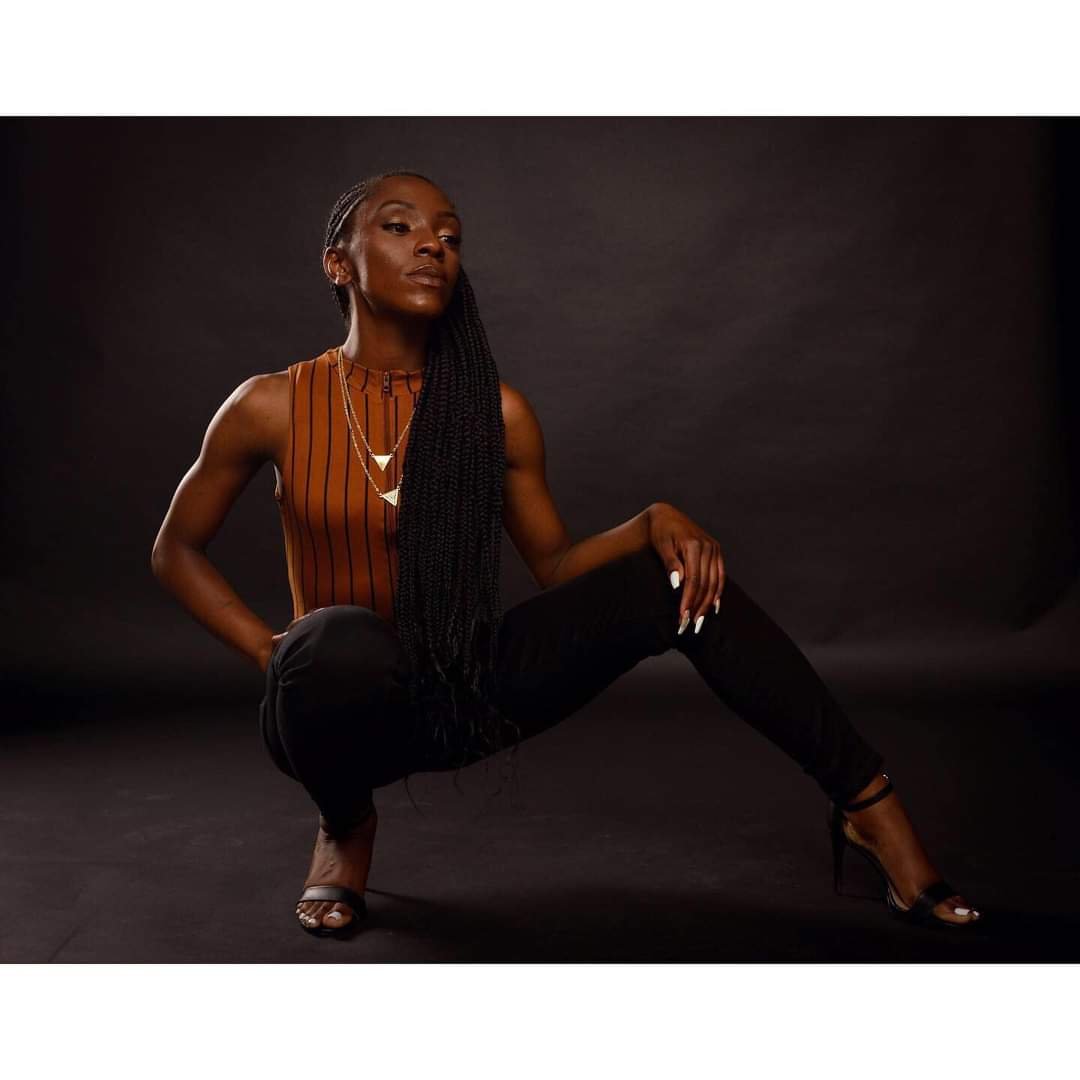Three years ago, Maya Portorreal made $45,000 per year working in retail. Last year, she brought in more than $350,000 in sales from her online jewelry business, which she launched as a side hustle in 2019.
And it’s partially thanks to her sensitive skin.
As a retail assistant for luxury apparel brand Pierre Hardy in New York City, Portorreal spent a lot of time lamenting the fact that most “trendy, fun” jewelry was either unaffordable or made from cheap materials that gave her itchy rashes.
“I have very sensitive skin,” she tells CNBC Make It. “I can’t wear brass … I can’t really wear too much copper.”
She decided to launch boutique brand Kitten Co. Jewelry, which makes affordable jewelry from skin-friendly materials, largely “out of frustration,” she says. “I thought, ‘Why not try to make a business out of something I actually need?’”
Starting from scratch with about $2,000 of her own savings, Portorreal reached out to suppliers and manufacturers, for help turning her idea into an actual jewelry line. She leveraged social media, getting online influencers to feature her pieces in posts.
Now, she typically rakes in more than $30,000 in monthly revenue, taking home anywhere from $15,000 to $20,000 per month in profits, she says.
Last year, in what Portorreal describes as a “big moment” for her business, the rapper Saweetie wore Kitten Co. Jewelry’s Maiko butterfly necklace in her official music video for the single “Best Friend,” with fellow rapper Doja Cat.
“I never [predicted] making as much as I do now,” she says. “I never thought it would happen this quickly.”
They probably thought I was insane’
Portorreal had been working at Pierre Hardy for less than two months when she floated the idea of starting her own brand to her colleagues, she says.
“They probably thought I was insane,” she says. “They probably still think I’m insane, because I pulled it off.”
Inspired by entrepreneurs in her own family – her uncle and grandfather both had their own real-estate businesses – Portorreal knew the challenges of starting her own business, so she was mostly hopeful that Kitten Co. could at least become a profitable side hustle.
“I just wanted to prove that I could do it,” she says.
At first, she chose the private label route, paying jewelry manufacturers to put her brand name on existing designs. Today, Portorreal says, her brand sells more than 150 different products, including rings, earrings, ear cuffs, necklaces and anklets. Some are still private label items, but she also now creates her own jewelry designs using computer-aided design programs.
To solve the problem of her sensitive skin, Portorreal says she landed on using 925 sterling silver – meaning at least 92.5% pure silver – plated with rhodium, a hypoallergenic metal that coats the silver for “extra protection and shine.”
Social media turns a side-hustle into a full-time gig
For the first few months, Portorreal says her sales were basically non-existent. That changed after she finally got some traction direct-messaging online influencers with large followings – creators whose aesthetics she felt meshed with her own – and found some willing to partner with her.
As orders rolled in, she quickly learned that she was “underpricing like crazy,” charging $18.99 for rings that cost $7 to make. Today, her prices range from $30 rings to $250 tennis necklaces.
The last piece of the puzzle was an online class taught by internet marketing entrepreneur Abu Fofanah, Portorreal says. There, she learned about creating Facebook ad campaigns, writing captions and re-targeting potential customers to build brand awareness over time.
“That class alone scaled my company to a point that’s unimaginable. That $3,000 class probably made me $700,000,” says Portorreal. “Facebook ads has become an extensive part of my business and it can’t run without it.”
By her fourth month in business, Portorreal says, her sales had gone “from $0 to $500 – and then $500 quickly became $1,000.” Just a few months later, she was seeing $10,000 per month in sales.
Still, she didn’t quit her day job — because she was reinvesting her jewelry money back into the business, she says. She’d talk with manufacturers and influencers during her lunch break, and spend evenings at her parents’ house in New Jersey fulfilling orders. That often meant sorting through thousands of bubble mailers and spending all night packaging jewelry.
“Everyone thought I was crazy,” she says. “Bless my family, they would hear me pulling tape until 3 a.m.”
‘Jewelry is supposed to be fun’
In mid-2020, more than a year after she launched Kitten Co., Portorreal finally quit her day job. That year, the company totaled $472,000 in gross sales, nearly double the $250,000 from Portorreal’s first year in business.
In 2021, sales dipped to $350,000 — a result of her primary manufacturer suspending operations amid the Covid-19 pandemic, Portorreal says. She found a new manufacturer, but the temporary blip still affected her sales, she says.
Once the business took off, Portorreal hired her mom and “a few friends” to help with packaging and customer service requests. She says she plans to roll out another 150 items over the course of this year, from new styles of existing products to new categories, like men’s jewelry and even stationary
“I love to have a large variety of options for everyone to find what they like, to find their version of themselves within my style,” she says.
That idea – and affordability – have been Portorreal’s goals since she first decided to start her own business. As her onetime side-hustle continues to blossom as her full-time gig, Portorreal is adamant that she always wants to keep those goals front and center.
“I don’t [really] believe in going into debt for a piece of jewelry,” she says. “To me, jewelry is [about] expression. Jewelry is supposed to be fun [and] lived in.”





